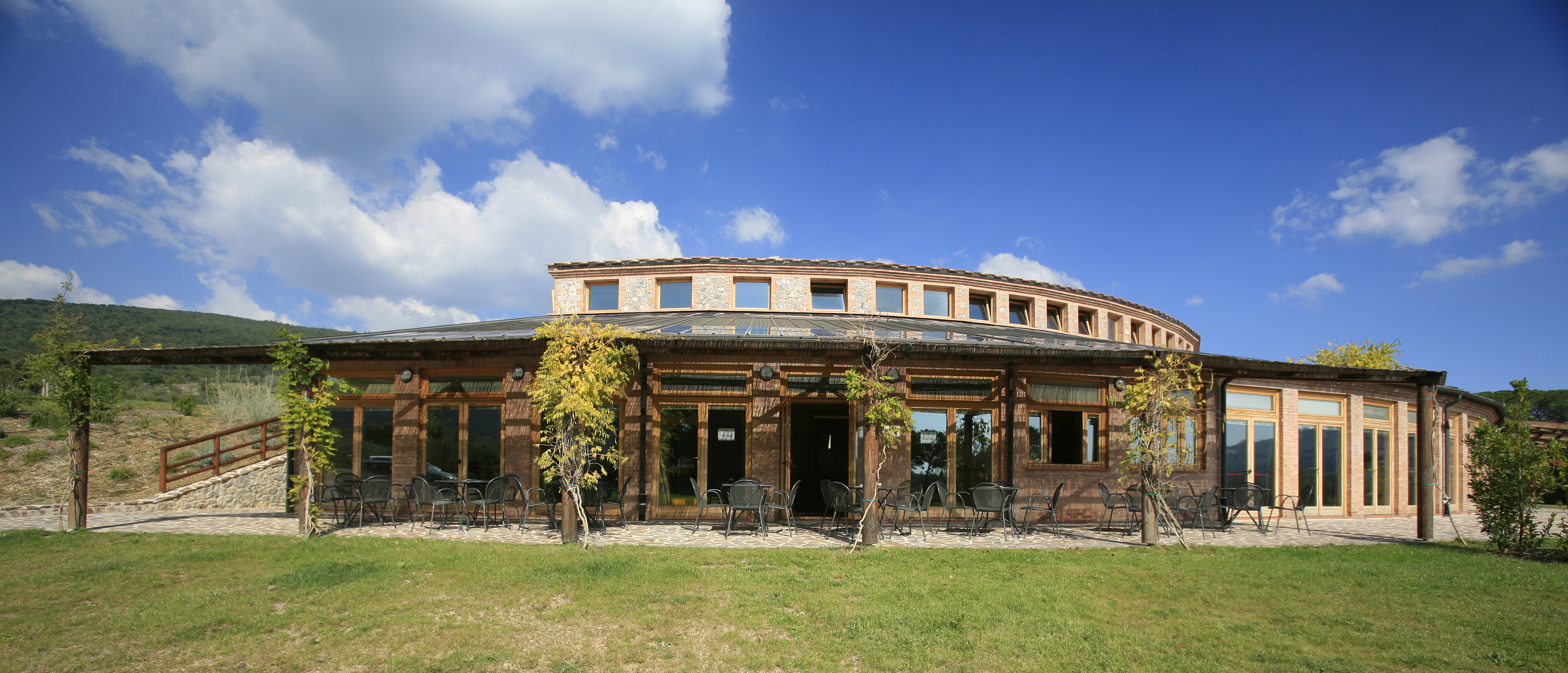Journal of Experimental Biology Symposium 2026
Bio-Inspired Robotics in Comparative Biomechanics
Organisers: Monica Daley, Auke Ijspeert, Megan Leftwich and Matthew McHenry
Date: 22-26 March 2026
Location: Tenuta il Cicalino, Massa Marittima, Italy
This symposium and the associated JEB special issue will explore the interface between comparative neuromechanics and bio-inspired robotics. Bio-inspired robotics are increasingly used as physical models to test hypotheses about biomechanical function, form-function relationships, and the integration of mechanics and control for agile, robust and economical movement among animals. Conversely, the field of robotics benefits from comparative animal studies by revealing diverse solutions for agile movement at different size scales, across different locomotor modes, and under different environmental constraints.
This symposium will bring together scientists working at the interface of comparative biology and bio-inspired robotics.
Topics include:
- The use of bio-inspired robotic models to investigate the neuromechanical control strategies employed by animals. This may include the ability to test hypotheses about control for agile, robust and economic movement.
- Investigation of bio-inspired muscle-tendon actuation systems and the use of elastic mechanisms for agile, robust, and economical movement. Attempts to recapitulate animal motion with robots can reveal the integral role of passive dynamics in neuromechanical control.
- Investigation of embodied control mechanisms and the integration of mechanical design and control for agile and robust performance. Biological dynamics have the potential to complicate or simplify the control laws that govern locomotion.
- Bio-inspired control mechanisms to enable agile, robust and economical movement under complex and variable conditions. Robotic systems often provide an opportunity to explore design spaces that are difficult to explore solely through experiments with animals.
- The use of robotics to investigate form-function relationships and the diversity and evolution of biomechanical function in animals. Robotic systems provide a valuable test bed for exploring the complexities of animal mechanics.
Organisers & speakers
Organisers
Monica Daley (University of California, Irvine, USA)
Auke Ijspeert (EPFL, Switzerland)
Megan Leftwich (The George Washington University, USA)
Matthew McHenry (University of California, Irvine, USA)
Speakers
Sarah Bergbreiter (Carnegie Mellon University, USA)
Christofer Clemente (University of the Sunshine Coast, Australia)
Noah Cowan (Johns Hopkins University, USA)
Nicholas Gravish (University of California, San Diego, USA)
Takeshi Kano (Future University Hakodate, Japan)
Eva Kanso (University of Southern California, USA)
Cecilia Laschi (National University of Singapore, Singapore)
Chen Li (Johns Hopkins University, USA)
Huai-Ti Lin (Imperial College London, UK)
Monica Martinez Wilhelmus (Brown University, USA)
Barbara Mazzolai (Istituto Italiano di Tecnologia, Italy)
Talia Moore (University of Michigan, USA)
Stacey Shield (University of Cape Town, South Africa)
Simon Sponberg (Georgia Tech, USA)
Sharon Swartz (Brown University, USA)
Aimy Wissa (Princeton University, USA)
Programme
The symposium is open to invited speakers and delegates only.
However, all presentations will be published as a special issue of Journal of Experimental Biology in early 2027.
Venue

In the province of Grosseto in rural Tuscany, the small medieval town of Massa Marittima is just 130 km (81 miles) from Pisa and 225 km (140 miles) from Rome and is easily accessible by road and rail. Surrounded by the wonderful Maremman countryside of olive groves, fruit trees and vineyards, the symposium will be held at the Tenuta Il Cicalino Estate, with accommodation in a variety of beautifully restored, traditional Tuscan farmhouses.
Tenuta Il Cicalino
Località il Cicalino
58024 Massa Marittima (Grosseto)
Italy
Tel: +39 0566 902031
E-mail: info@cicalinogreen.it
Website: https://www.tenutacicalino.com/?lang=en
Travel
The nearest international airport to the conference venue is Pisa Galileo Galilei Airport (81 miles, 130km).
Alternatively, you can fly to either of the airports in Rome – Leonardo Da Vinci/Fiumicino (140miles/225 km) or Ciampino (149 miles/240 km).
You can travel from the airports in Pisa or Rome by train to Follonica, which is a 20-min taxi ride to the conference venue. Details of train timetables and prices can be found on the TrenItalia website. We can arrange a taxi from Follonica to/from the venue if you let us know expected arrival/departure times. Train tickets can be purchased online (type either ‘Pisa Aeroporto’, ‘Fiumicino Aeroporto’ or ‘Ciampino’ in the ‘From’ field and ‘Follonica’ in the ‘To’ field) or from the Information Office in the airport Arrivals Hall. Allow approximately 2 hours from Pisa and approximately 3.5 hours from Rome.
Alternatively, we may be able to provide transport (by taxi/minibus) from Pisa and Rome Airports to/from the conference venue for delegates arriving/leaving at similar times. Journey time to the venue is ~1.5 hours by taxi/minibus from Pisa, ~2.75 hours from Roma Fiumicino and 3 hours from Roma Ciampino, but allow extra time, where possible, as you may have to wait at the airport for other delegates to arrive.
Delegates should book their travel to ensure they arrive at the conference venue on the afternoon of Sunday 22 March 2026.








You must be logged in to post a comment.